The growing resistance of Plasmodium falciparum to antimalarial drugs, including artemisinins, has intensified the search for alternative treatments, particularly from traditional medicinal plants. In this context, Bruno Ndjakou Lenta and colleagues isolated a new natural compound, bazouanthrone, from the plant Harungana madagascariensis, along with several known compounds such as feruginin A. These substances were tested in vitro against the W2 strain of P. falciparum. All demonstrated antiplasmodial activity, with bazouanthrone standing out due to its notable potency, reflected in an IC₅₀ value of 1.80 µM—highlighting its promising potential as a candidate for future antimalarial therapies.
La résistance croissante aux médicaments antipaludiques, y compris les artemisinines, incite à explorer des alternatives, comme les plantes médicinales traditionnelles. Dans ce contexte, Bruno NDJAKOU LENTA et al. ont isolé un nouveau composé naturel, bazouanthrone, à partir la plante Harungana madagascariensis, aux côtés de molécules déjà connues comme le feruginin A. L’ensemble de ces composés a été testé in vitro contre la souche W2 du parasite Plasmodium falciparum, responsable du paludisme. Tous ont montré une activité antiplasmodiale, avec une efficacité remarquable pour la bazouanthrone, dont l’IC₅₀ (la concentration inhibant 50 % de la croissance parasitaire) a été mesurée à 1,80 µM, indiquant un fort potentiel en tant que molécule antipaludique.
Share with my friend :


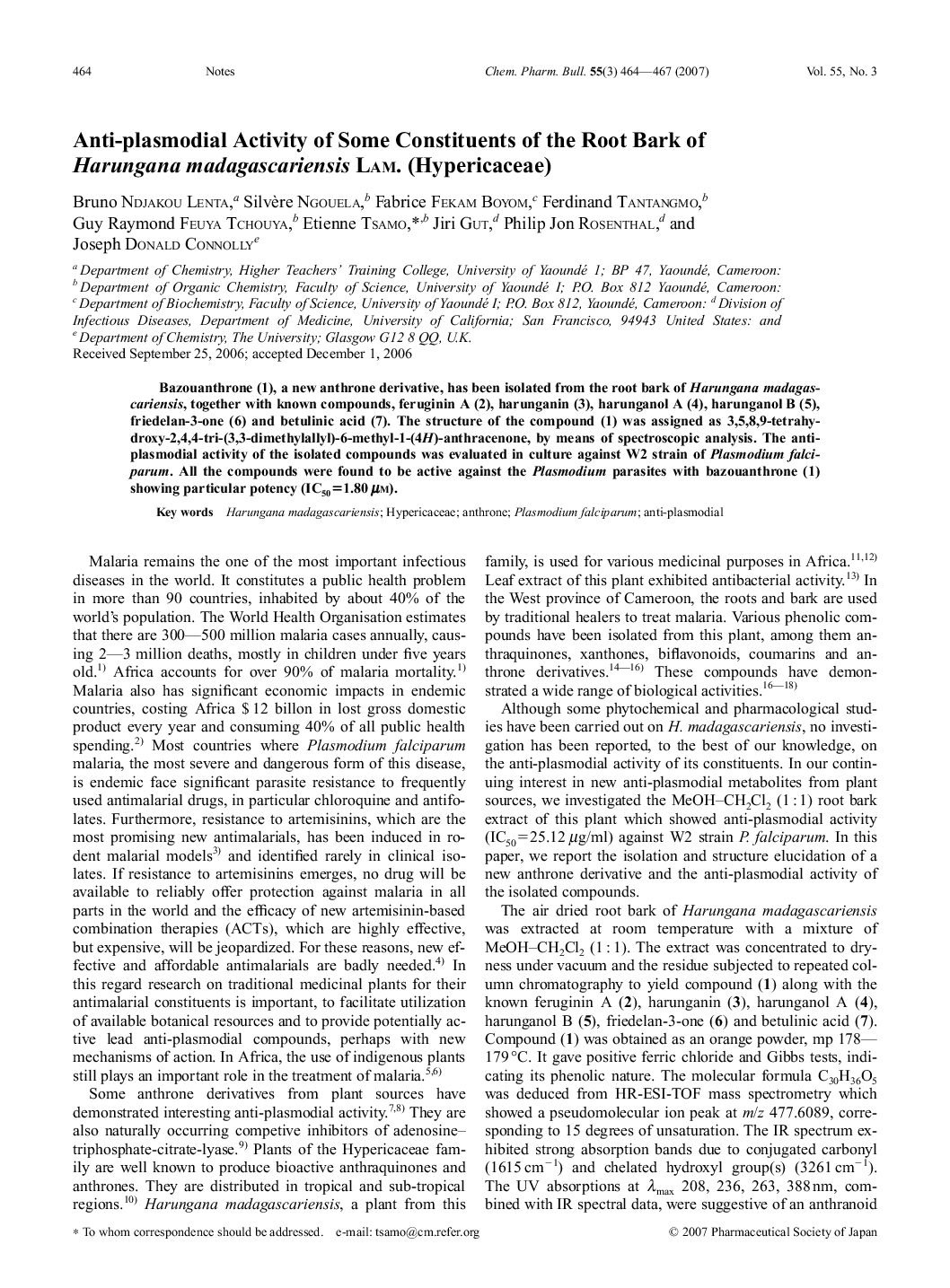

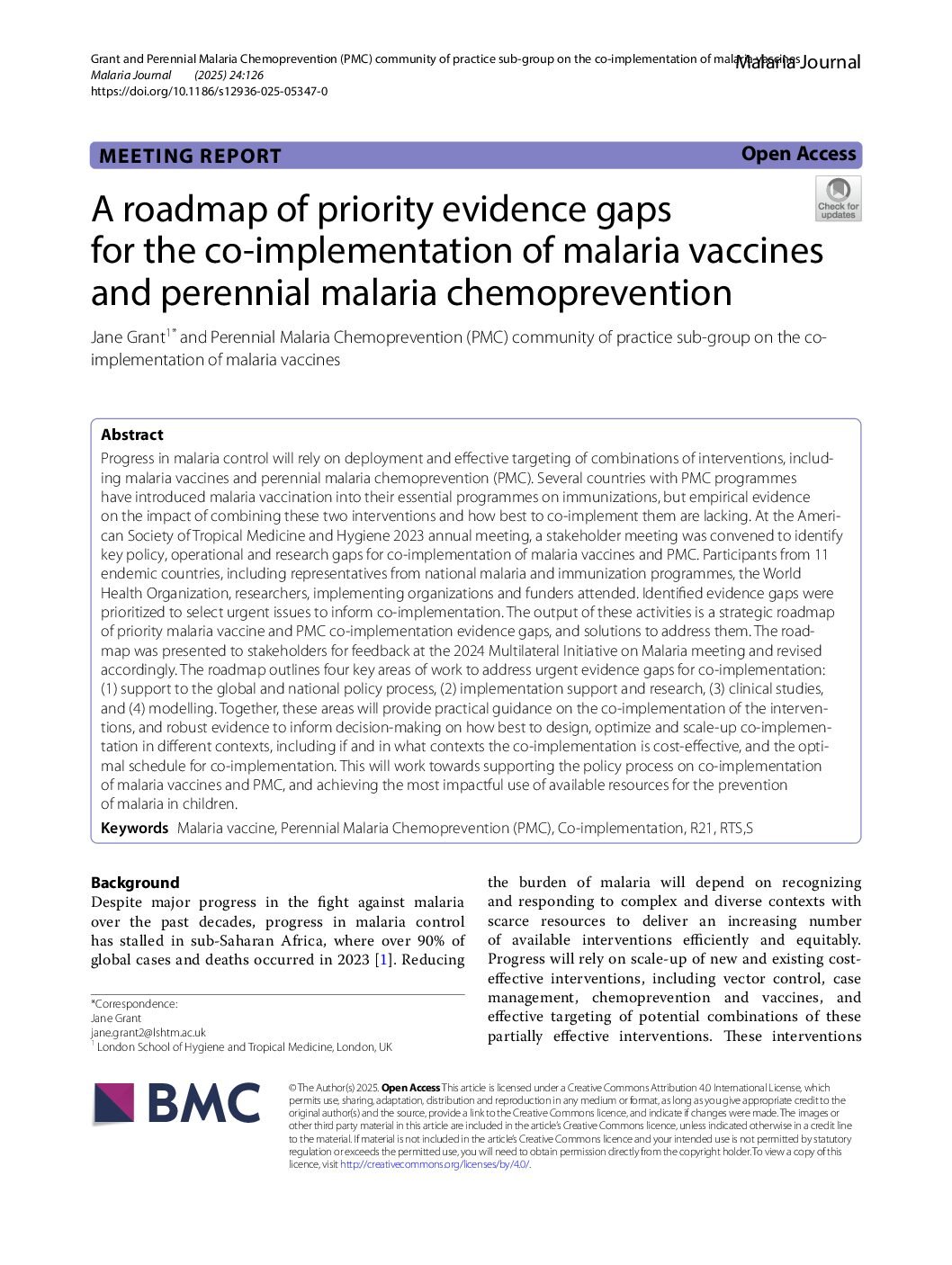

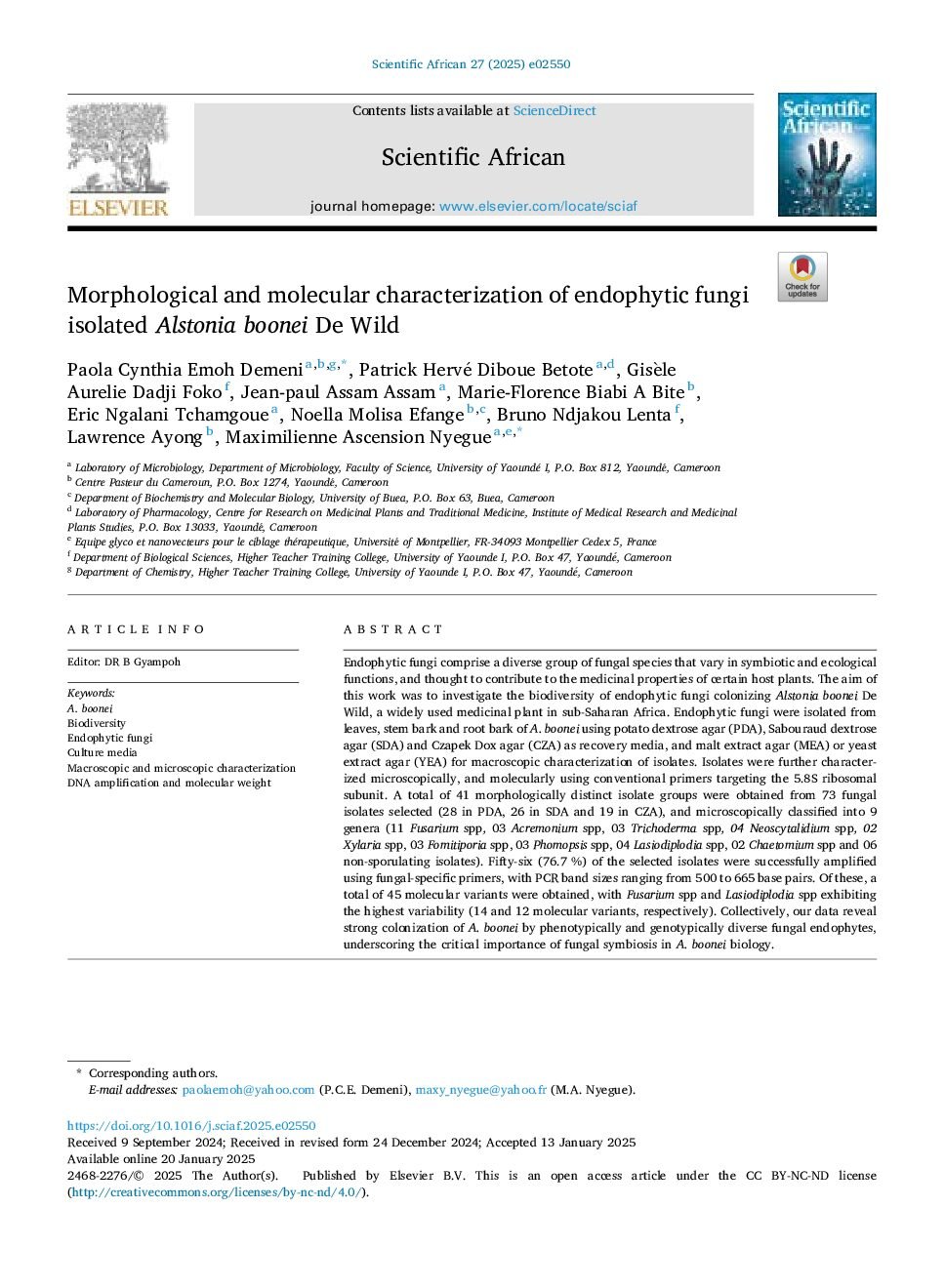




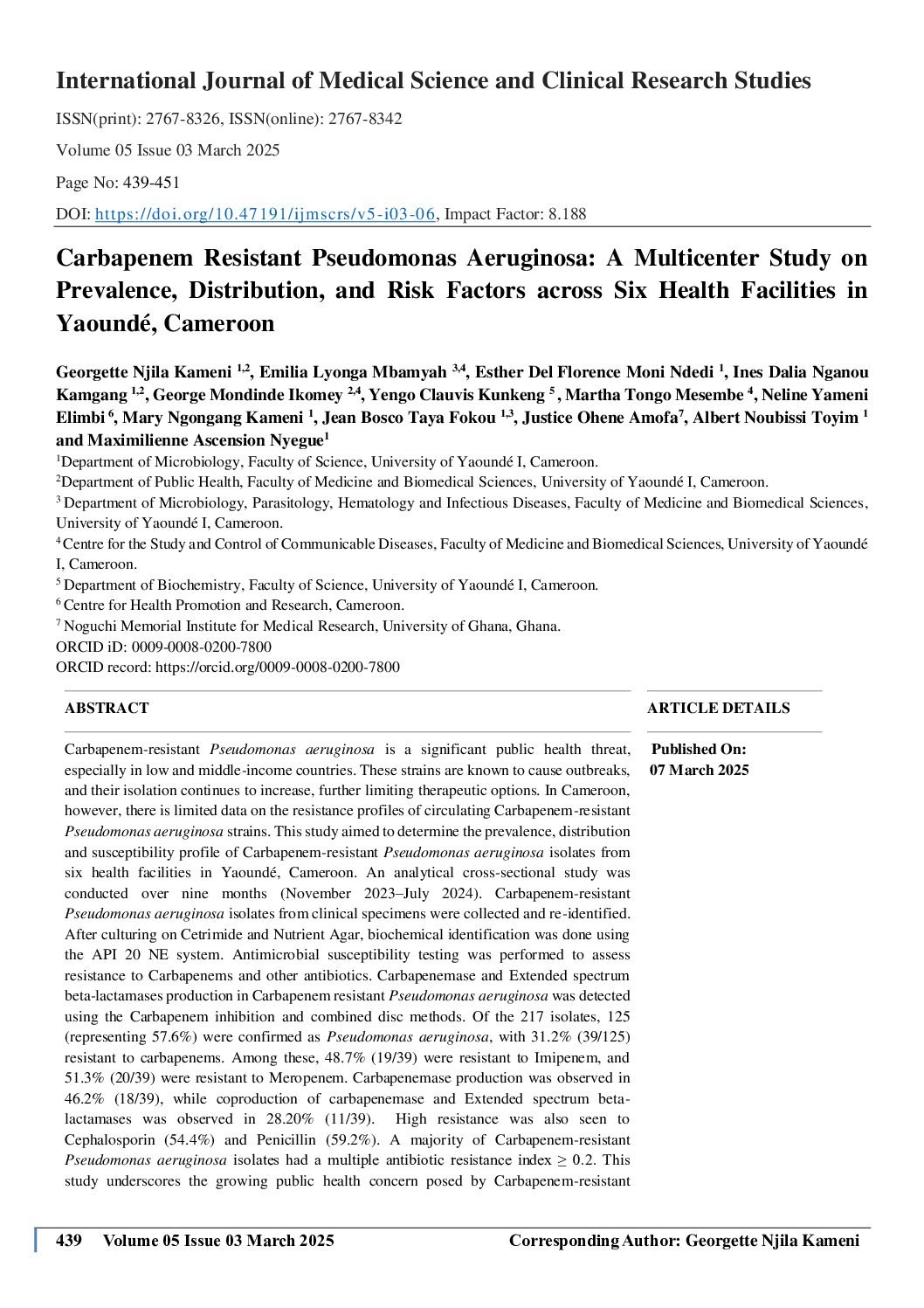
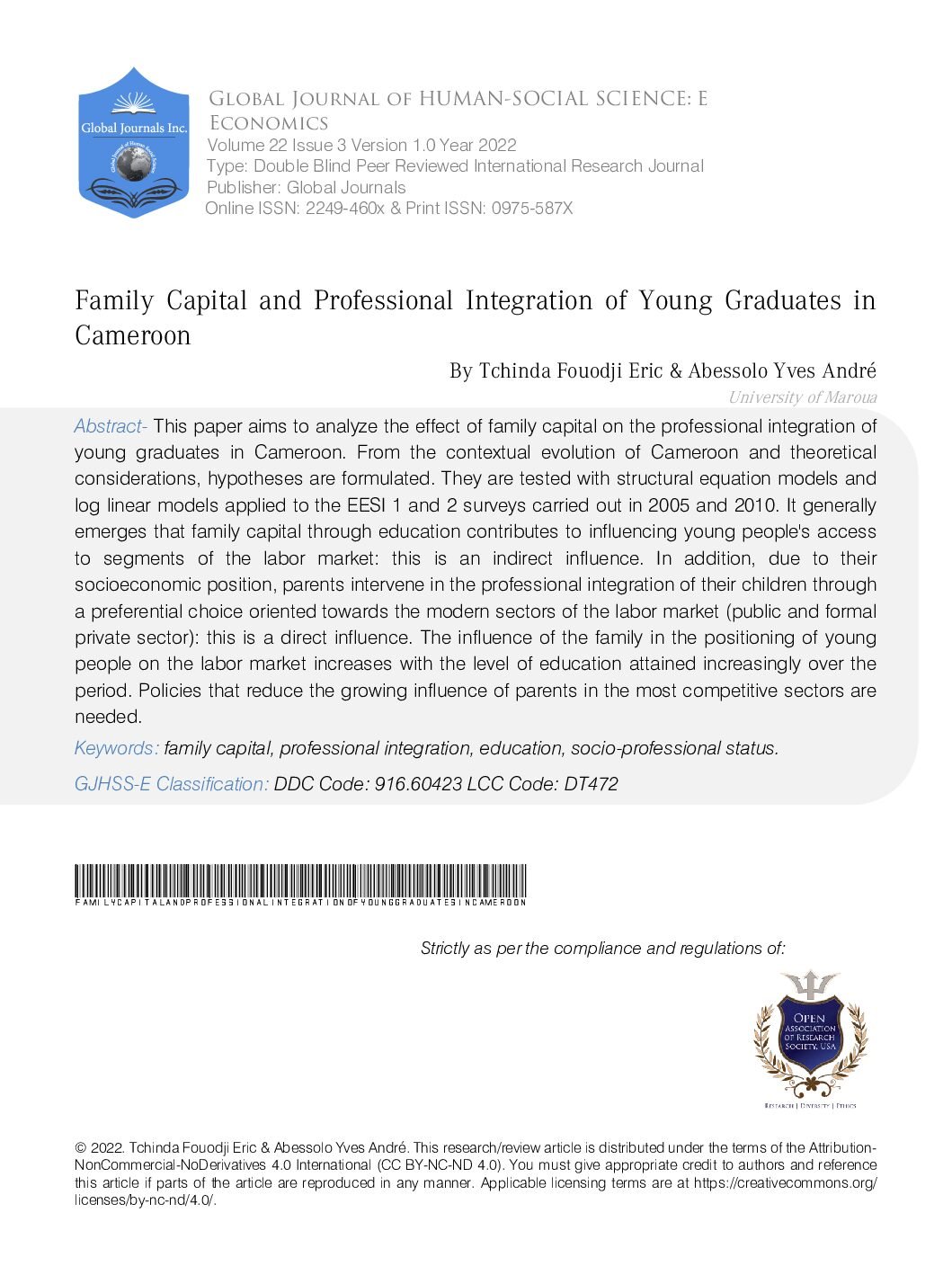
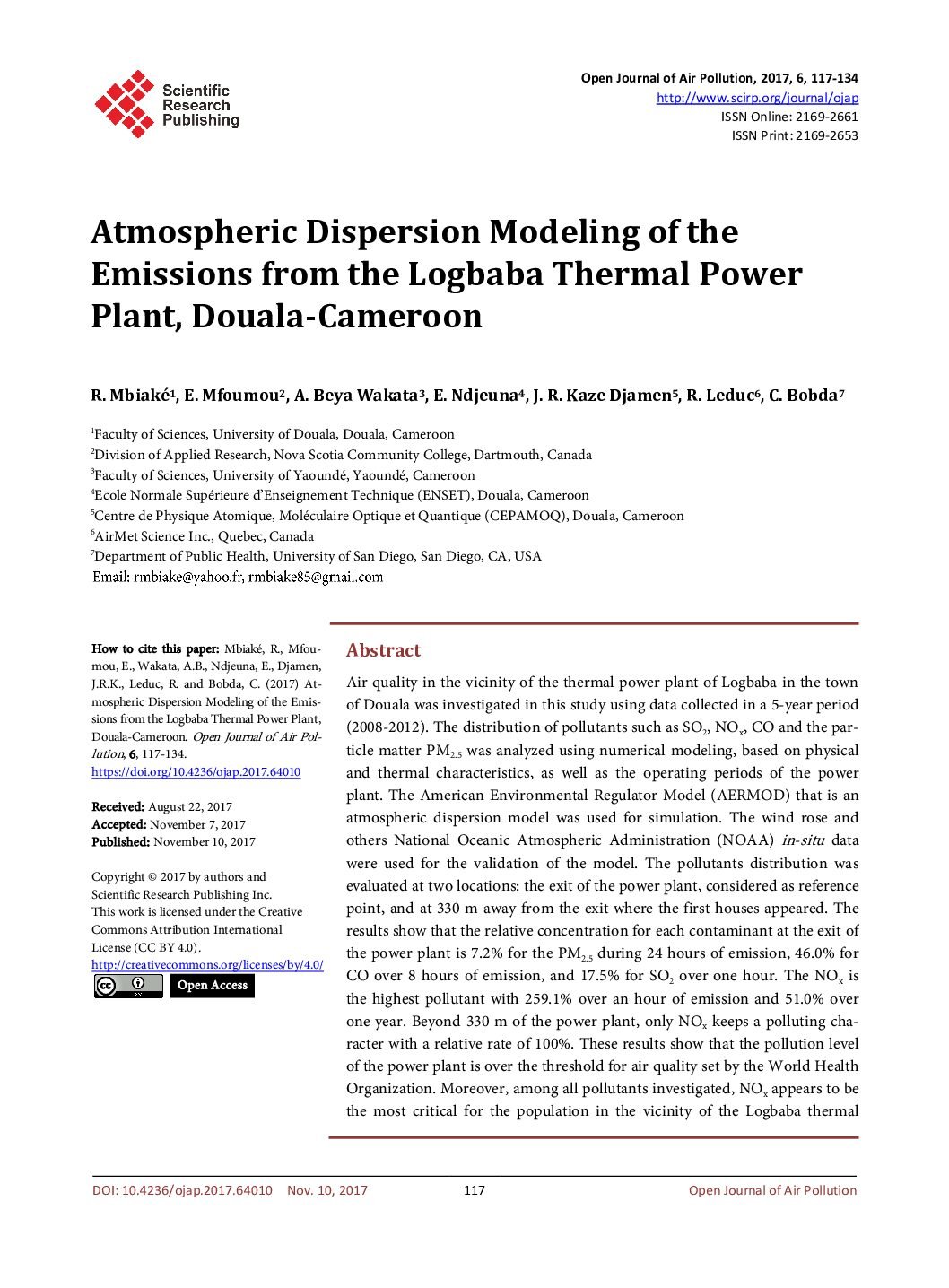

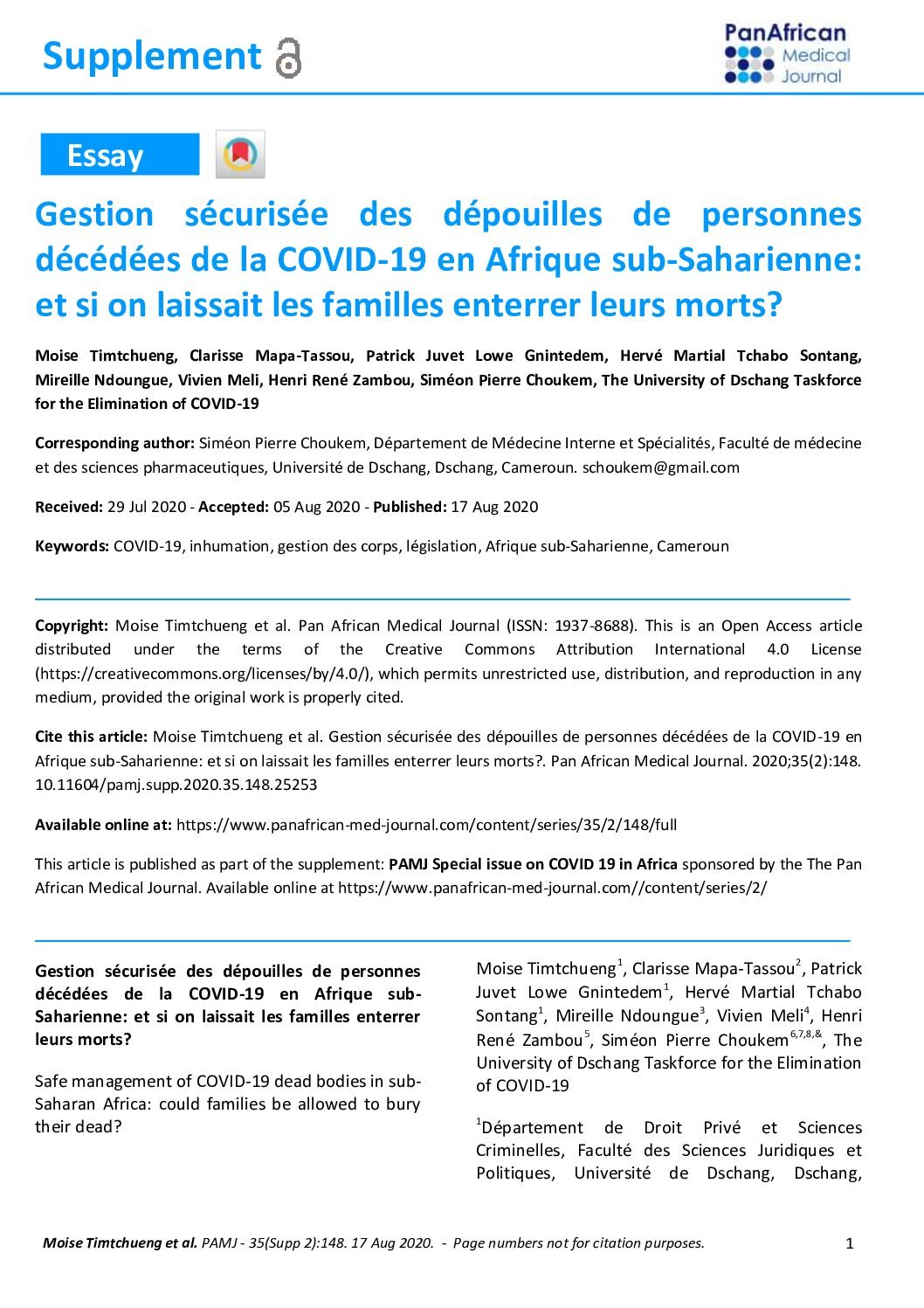
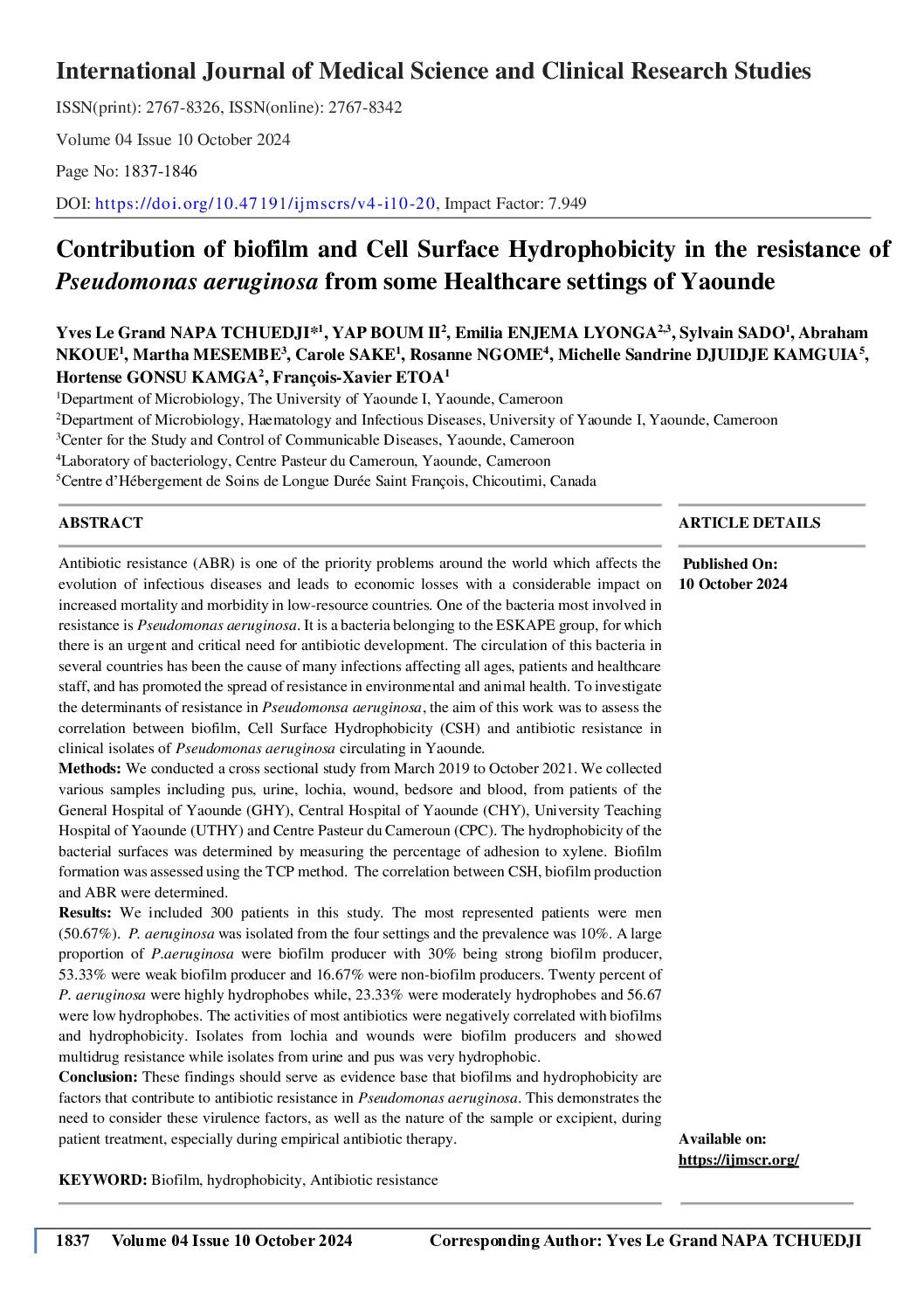
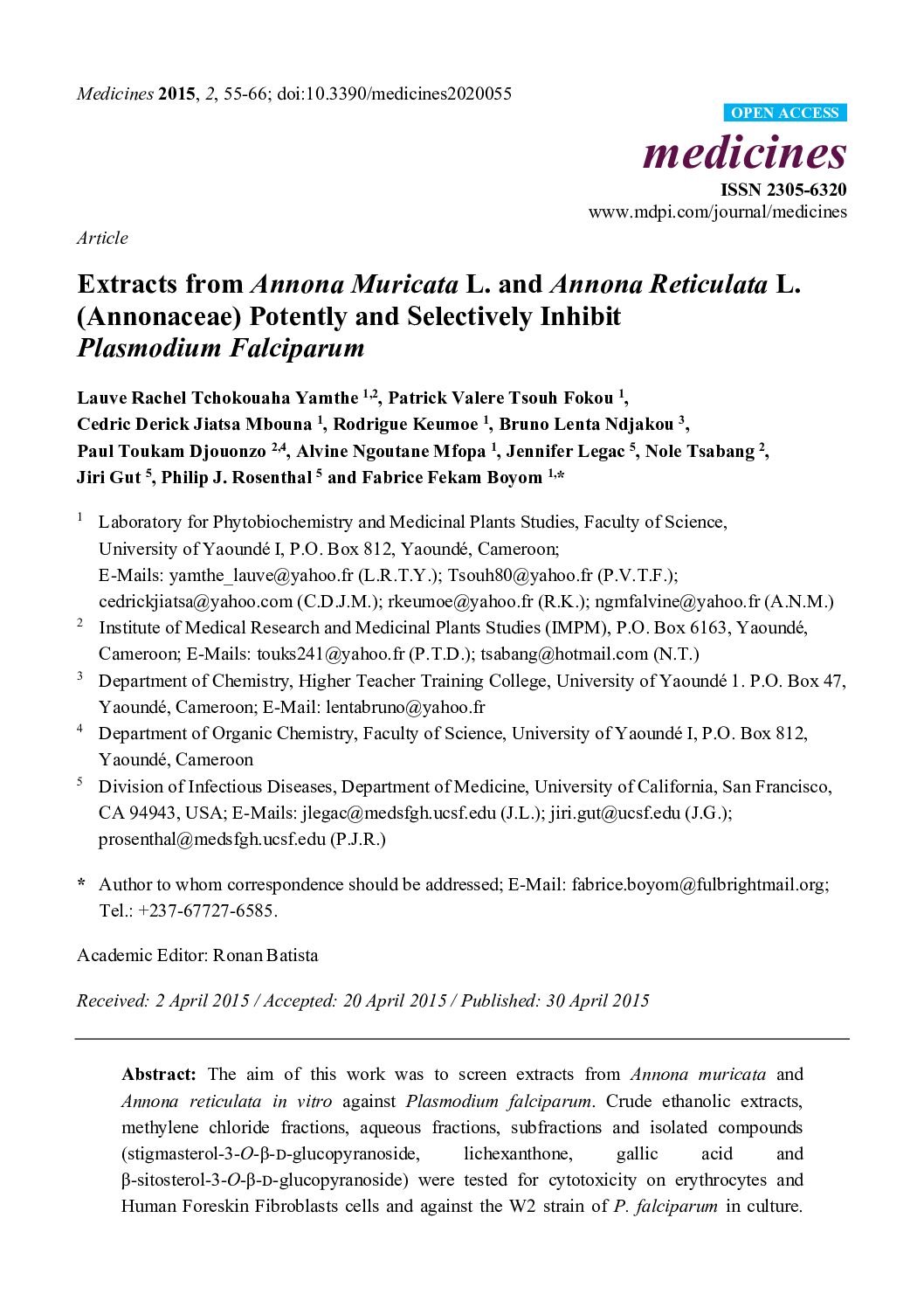
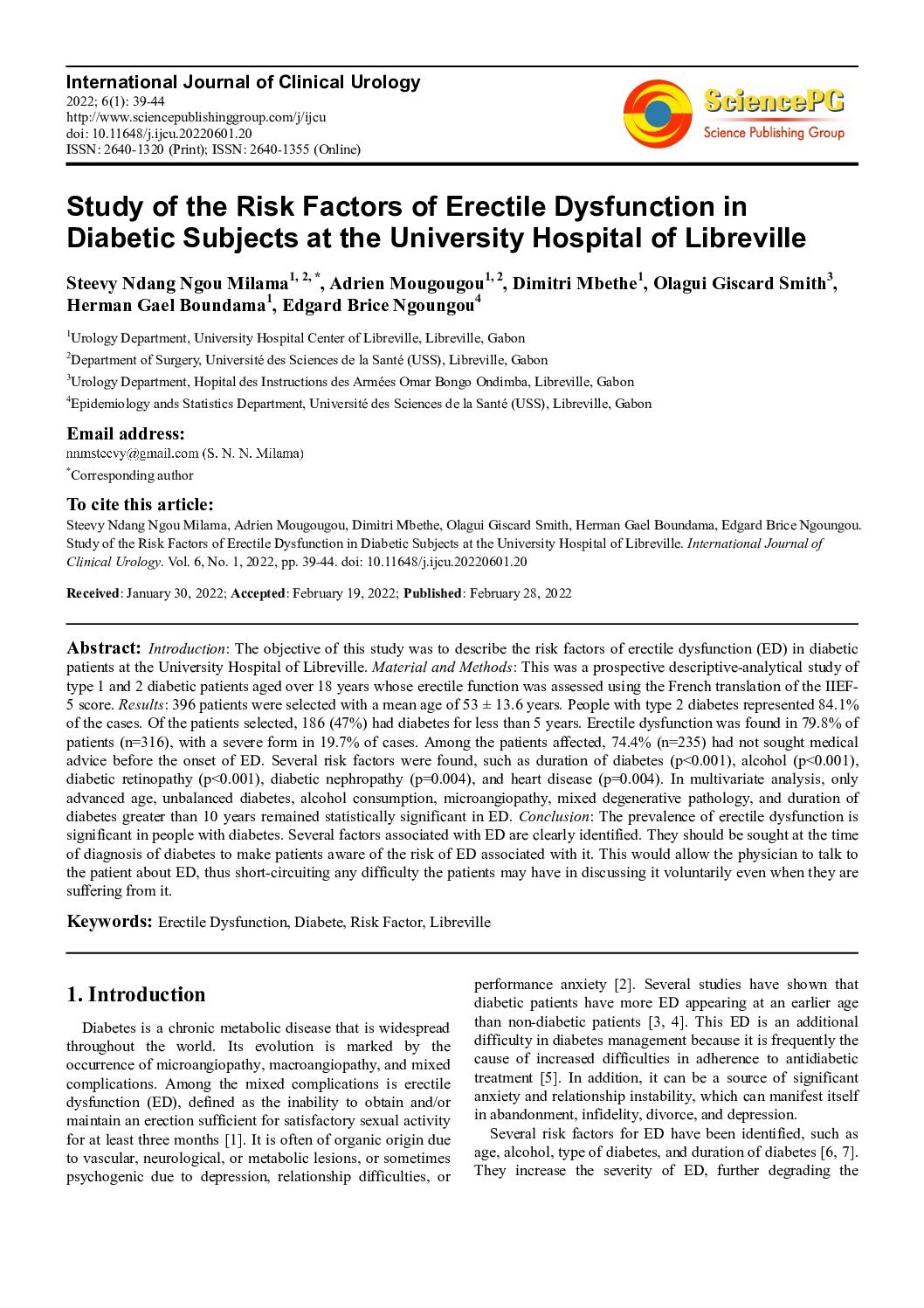
Avis
Il n’y a pas encore d’avis.